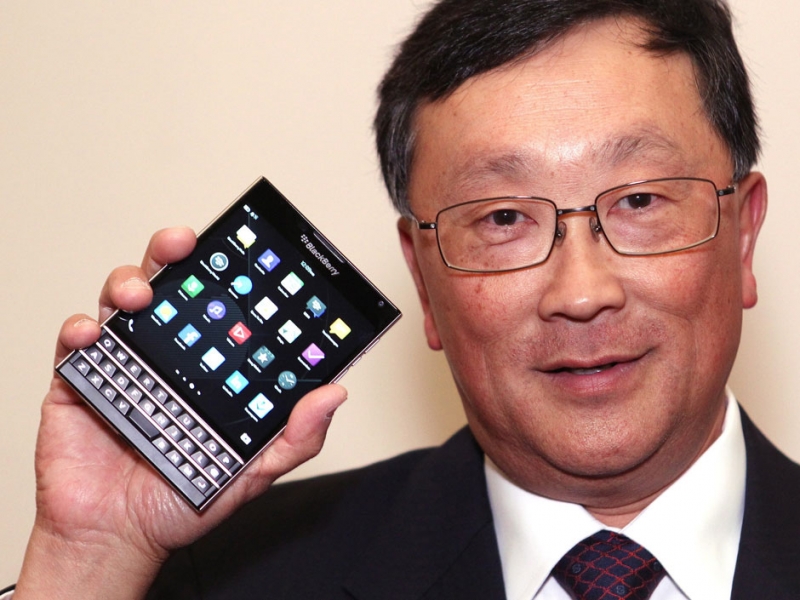
Blackberry, a once-dominant smartphone maker that has lost its position in the mobile marketplace, recently released the Blackberry Passport in an attempt to regain its footing. Comparable in size to a passport, the device offers an ideal experience for viewing documents and spreadsheets as well as a physical keyboard. The company also launched the Blackberry Blend, an app that links data across computers and mobile devices.
With this release, Blackberry is implementing the strategy of differentiation. According to Ries and Trout, positioning is highly important. In that sense, instead of vying for the leader position in trendiness or mainstream appeal, which Apple already possesses, Blackberry is focusing on targeting the corporate market, in which it was once an industry leader and retains a loyal customer base. Also, with the recent iCloud security scandal, Blackberry can capitalize by emphasizing its superiority in security, which is a relatively unoccupied “ladder”, especially through the release of the Blackberry Blend.
As the Passport is primarily a niche product, its market share will be relatively small. However, I believe Blackberry does not necessarily have to release mainstream models to remain profitable, but that they should find other sources of revenue. This way, Blackberry can focus on updating its software and releasing services while still creating niche products. By positioning the brand this way, Blackberry doesn’t have to risk diluting the brand and losing its principal consumers, and can focus on its core strengths that bring a unique value proposition to the market.


